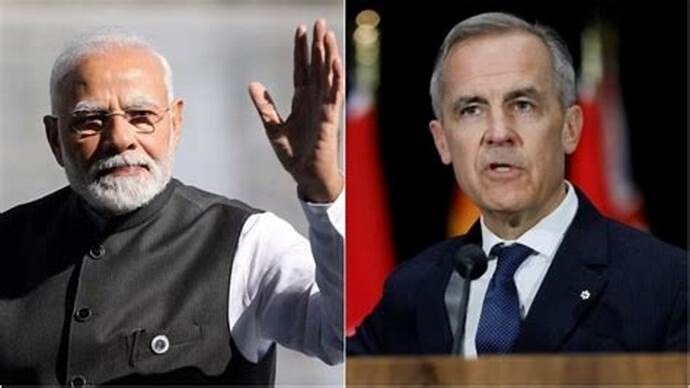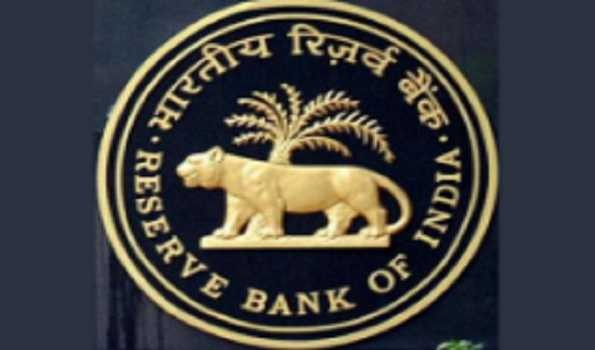( OT Webdesk)Canadian Prime Minister Mark Carney has reinforced the significance of India’s involvement in the upcoming G7 Summit, defending his decision to invite Indian PM Narendra Modi despite lingering tensions between the two nations.
Addressing media queries on Friday, Carney emphasised India’s pivotal role in global supply chains, citing the country’s economic and strategic importance. India is the fifth-largest economy and the most populous country.
It is central to several key supply chains. So it makes sense to include India in discussions,” he stated.
The G7 Summit, scheduled for June 15–17 in Kananaskis, Alberta, will cover critical topics such as energy security, the digital economy, infrastructure partnerships, and global trade dynamics. Carney stressed that India’s presence is “essential” to these discussions.
India-Canada relations took a hit following allegations by former Canadian PM Justin Trudeau regarding India’s involvement in the 2023 killing of Khalistani separatist Hardeep Singh Nijjar.
Diplomatic tensions escalated, leading to the expulsion of key officials from both sides. However, with Carney’s recent electoral victory, there is renewed optimism for a diplomatic reset.
Carney confirmed that law enforcement dialogue between the two nations had resumed, describing progress as “encouraging” but declining to comment directly on the Nijjar case due to ongoing legal proceedings.
His decision to extend an invitation to PM Modi has faced backlash, particularly from Canada’s New Democratic Party (NDP), which deemed the move “profoundly troubling.” Despite this, Modi has accepted the invitation, expressing optimism about working with Canada’s new leadership. “As vibrant democracies bound by deep people-to-people ties, India and Canada will work together with renewed vigour,” Modi shared via social media.
The upcoming summit could mark a turning point in bilateral relations, potentially paving the way for renewed cooperation on global trade and law enforcement partnerships.





